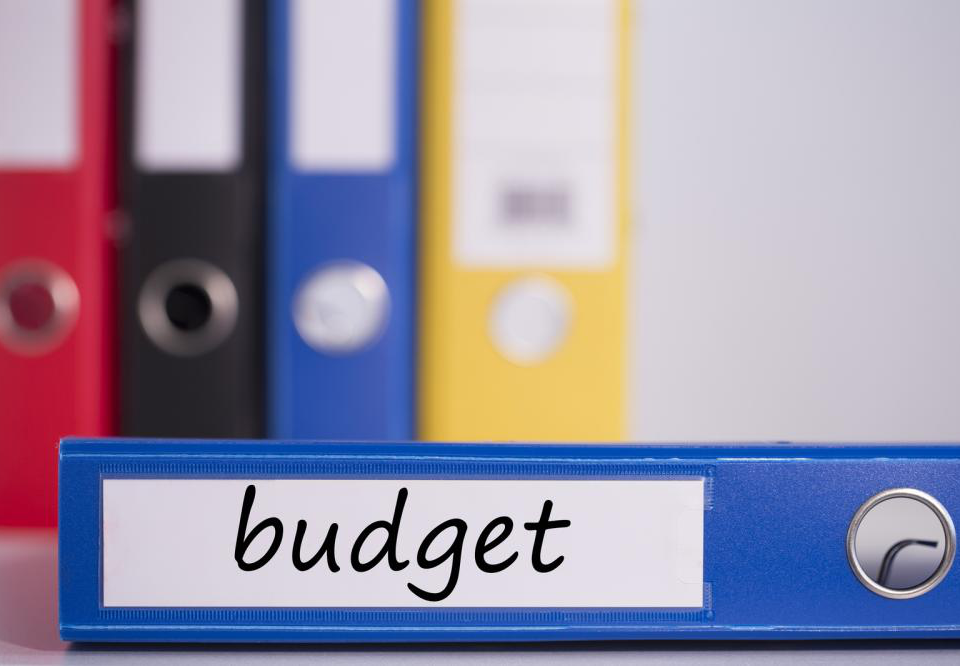Secured vs. Unsecured Loans: Choosing the one that best suits your strategy

Importance of Working Capital Loans for your Business
April 27, 2018Types of Financing Options available for Businesses of all Kinds
May 4, 2018Since we are dealing with concept that pertain to the field of finance, we must begin by defining both, which will give us an adequate impression of what they entail and which one is better suited depending on the scenario.
Secured loans
As the name suggests, secured loans are loans which are protected by an asset or collateral. It is best to explain the concept using a practical example. If an individual purchases an item, say a house, or a vehicle, they may be inclined to take a loan in the process.
The item at the center of the transaction, i.e. the house or the vehicle, will be used as collateral, which means a line will be placed on it. The lending company, usually a bank, will hold that title until and unless the loan is repaid in full. The payable amount also includes interest and other transactional fees.
Secured loans are an effective way to obtain considerable amounts as loan. The commodity placed as collateral is considered valuable enough for the lender to engage in the business deal. A verbal assurance will not suffice in cases involving large amounts. This is where collateral serves as a guarantee that the money will be repaid and then some. It ensures that the other party is seriously invested in the deal.
Furthermore, secured loans offer low rates, high borrowing limits and lengthier repayment terms and conditions than unsecured loans, which we will discuss shortly. In a nutshell, a secured loan is the provision of insurance or covenant when dealing with other parties. The caveat must also be apparent when using a secured loan. If the payee is unable to return the borrowed amount, then the lender has recourse on the collateral that was agreed upon earlier. They can retain this as recompense for the amount unpaid or sell it to recover it as well.
Unsecured loans
Unsecured business loans are essentially the opposite of secured ones. Instances of unsecured business loans include credit card purchases, student, personal, and home improvement loans respectively. Naturally, there is greater risk attached to unsecured business loans and the title is self explanatory in this regard.
There is no asset that is used as collateral in these cases, which means the lender is the party running the greater risk. To level the playing field, the interest rates for unsecured loans are considerably higher so that potential defaults can be dealt with.
In cases where an application for unsecured credit is rejected, the party can still acquire a secure loan assuming they have an asset of value in their possession, which they can use as collateral. Moreover, when a party is seeking an unsecured business loan, the prerequisite is that they are judged on their capacity to repay, their capital, collateral involved and the conditions of the transaction also.
If you’re interested in learning more about such topics, then visit the KLB website or contact us at 347-755-2257 to know more!



